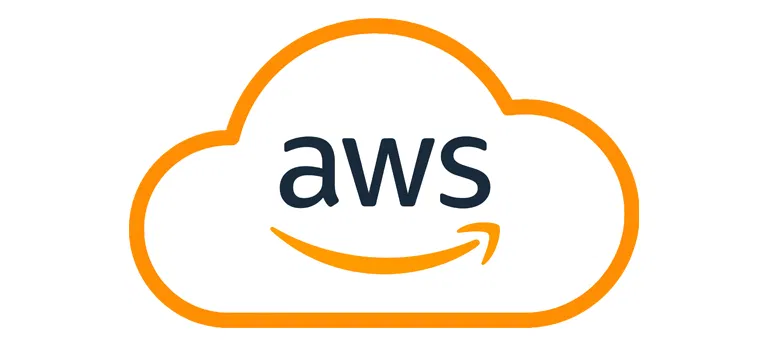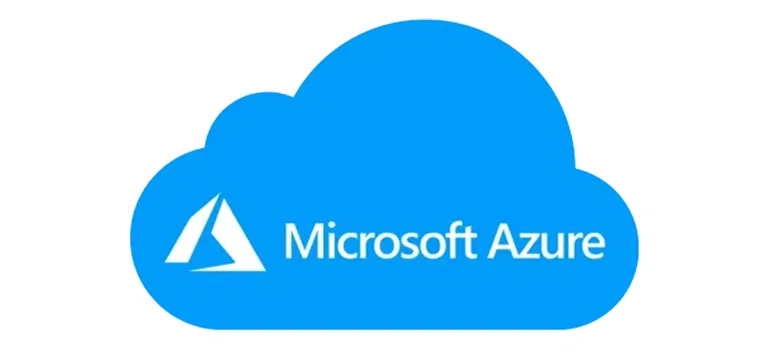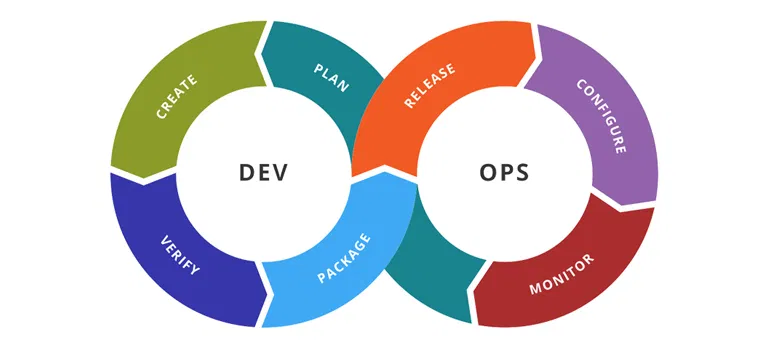
Cloud Infrastructure That Just Works
Expert cloud operations support for AWS, Azure, and Google Cloud. 24×7 monitoring, reliability engineering, cost optimization, and infrastructure management that keeps your applications running smoothly.

Expert cloud operations support for AWS, Azure, and Google Cloud. 24×7 monitoring, reliability engineering, cost optimization, and infrastructure management that keeps your applications running smoothly.
Cloud and DevOps support means managing your infrastructure, deployments, monitoring, and incident response so your applications stay reliable, secure, and cost-effective. Whether you're on AWS, Azure, Google Cloud, or multi-cloud, we provide expert operations support that lets your team focus on building products, not babysitting servers.
From 24×7 monitoring and alerting to cost optimization and disaster recovery, we handle the operational heavy lifting so your cloud infrastructure just works.

Expert management of your cloud infrastructure, deployment pipelines, monitoring systems, and incident response to ensure reliability, security, and optimal performance.
Application Performance Monitoring (APM), infrastructure metrics, log aggregation, and intelligent alerting that catches issues before they impact users.
Auto-scaling configuration, load balancing, circuit breakers, error budgets, and SLI/SLO tracking to maintain target uptime and performance.
Continuous analysis of cloud spend, resource right-sizing, reserved instance planning, and waste elimination to balance performance with budget.
Automated backups, disaster recovery planning, infrastructure as code (Terraform, CloudFormation), and version-controlled infrastructure changes.
Build and deployment automation, testing integration, rollback procedures, and deployment strategies (blue-green, canary, rolling updates).
We provide expert support across all major cloud platforms, with deep expertise in infrastructure services, container orchestration, serverless architectures, and modern DevOps tooling.




We implement Site Reliability Engineering (SRE) practices to balance reliability with development velocity. Service Level Indicators (SLIs) measure system behavior, Service Level Objectives (SLOs) define target reliability, and error budgets govern how much unreliability is acceptable.
When error budgets are healthy, we deploy faster. When they're exhausted, we focus on stability and reliability improvements.
Cloud costs can spiral out of control without proper governance. We continuously analyze and optimize your cloud spend:
Common questions about cloud and DevOps support services.
Cloud and DevOps support fills the gap between shipping features and keeping infrastructure healthy. Internal teams are often stretched thin; we provide dedicated capacity for monitoring, incident response, cost optimization, and deployment pipelines so your developers can focus on product work while we own reliability, performance, and cloud spend.
Yes. Many clients run a mix of AWS, Azure, Google Cloud, and on-premises infrastructure. We normalize monitoring, alerting, and deployment practices across providers, help you avoid accidental vendor lock-in, and design cloud architectures that match your size, risk profile, and regulatory requirements rather than chasing the latest buzzwords.
We use Site Reliability Engineering (SRE) practices for Cloud & DevOps support: define SLIs and SLOs, set error budgets, and let those guide decisions. When error budgets are healthy we can ship faster; when they are exhausted we prioritize hardening and performance. In parallel we continuously analyze cloud bills to right-size resources, tune auto-scaling, and eliminate waste so you are not overpaying for uptime.
Yes. A growing portion of our DevOps work involves data and machine learning workloads: model-serving infrastructure, feature stores, streaming pipelines, GPU or accelerator capacity, and experiment environments. We monitor model endpoints, data pipeline health, and resource usage so the ML layer is treated as a first-class production system, not a fragile experiment.
You get shared dashboards for metrics and alerts plus a visible work board (Kanban-style) that shows what is in intake, in progress, and shipped. That combination gives you line of sight into both the state of your cloud infrastructure and what we are actively working on, instead of a black-box ticket system.
We typically integrate into your existing workflows. Git, CI/CD, incident channels, and change processes. Rather than forcing you into our toolset. Your developers stay in control of product direction; we provide the Cloud & DevOps support backbone that keeps deployments safe, environments healthy, and infrastructure aligned with your roadmap.
DevOps is a way of working that brings development and operations together so software can be delivered quickly and reliably. In cloud operations support, DevOps practices include automated infrastructure (IaC), continuous integration and delivery (CI/CD), monitoring and alerting, and fast feedback loops, so changes can be shipped frequently without sacrificing stability or security.
Service Level Indicators (SLIs) are the metrics that describe your service's behavior (like uptime or latency). Service Level Objectives (SLOs) are the targets you want those metrics to meet, and error budgets represent how much unreliability you are willing to tolerate over a period of time. In Cloud & DevOps support, we use SLIs, SLOs, and error budgets to decide when to prioritize reliability work over new features and to keep availability aligned with your business goals.
Manage IT risks before they hurt your business. We keep your product secure, up to date, and running smoothly, so you can focus on your business.
View DetailsView DetailsLearn how AI capabilities can improve your products, automate processes, and deliver valuable insights while maintaining a human-centered approach.
View DetailsView Details